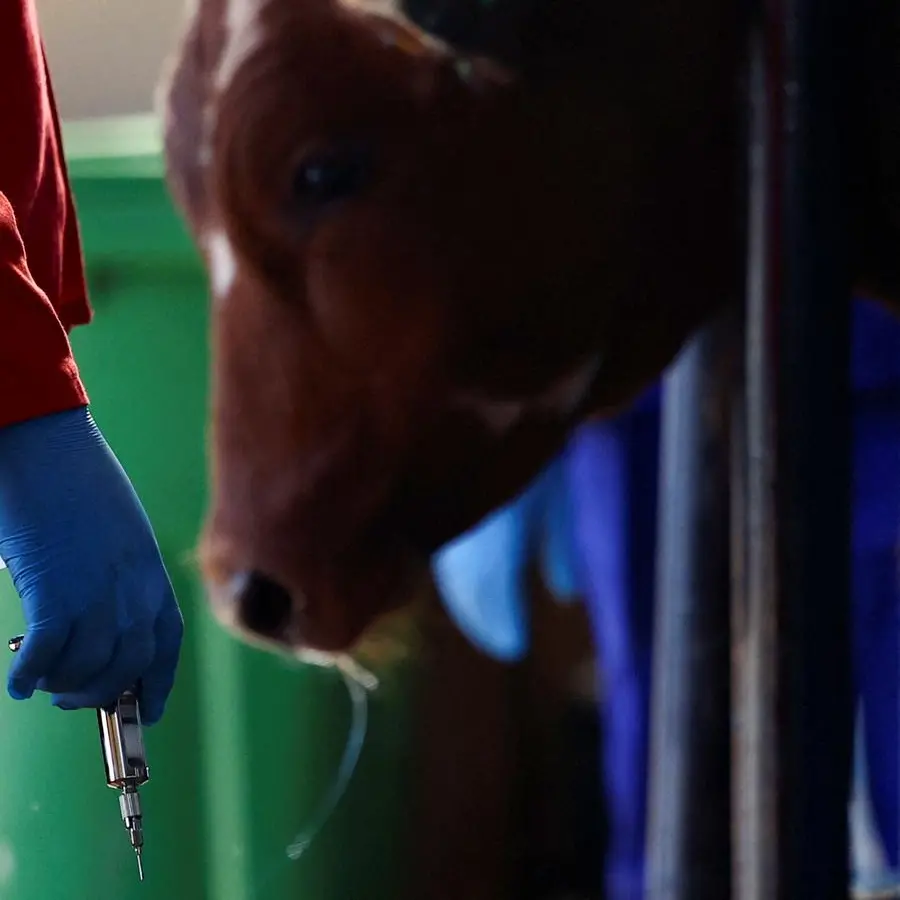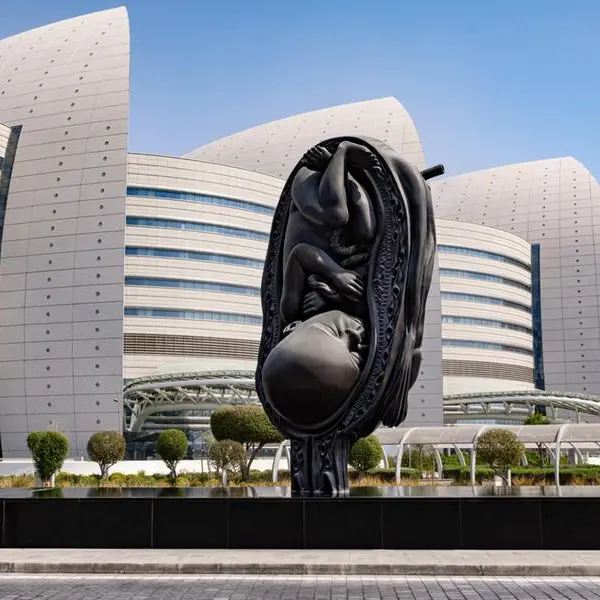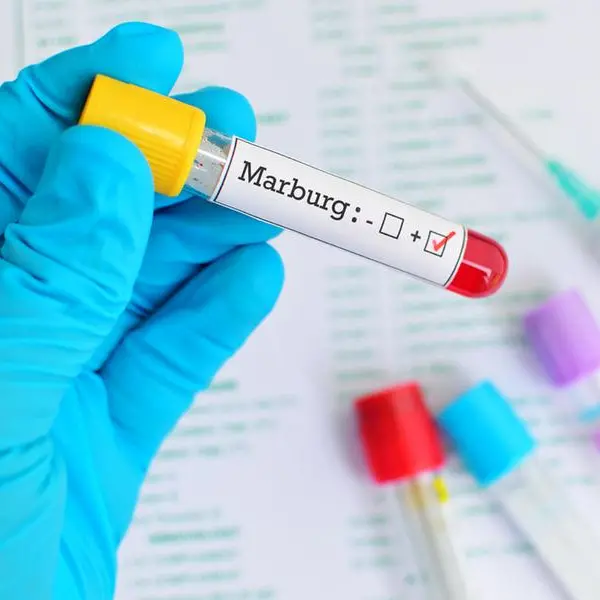PHOTO
Abu Dhabi-headquartered Response Plus Holding (RPM) – the largest pre-hospital medical services provider in the UAE and Saudi Arabia – is aiming to become a global player, its new chairman said.
Omran Al Khoori, an Emirati healthcare leader in the private sector, noted that expanding RPM’s presence in new markets, nurturing a skilled workforce, and investing in Emirati talents are among its top priorities.
“In line with the UAE leadership’s vision to make the UAE the preferred global hub for healthcare and life sciences, RPM has been initiating significant efforts to develop a skilled national healthcare workforce and empowering Emirati talent within its ranks,” Al Khoori, the newly elected chairman, told Khaleej Times.
The company boasts the largest medical vehicle fleet in the region and 1,600 healthcare workforce. Apart from the UAE, RPM has a presence in Saudi Arabia, Oman, India and Ethiopia. In 2021, RPM was listed as Response Plus Holding on the Abu Dhabi Securities Exchange, and the next year entered the FTSE Global Micro Cap Index.
“Among my key priorities for RPM is to sustain and grow its impressive success journey. One of the key strategic priorities of RPM is to become a global player in pre-hospital care.”
Al Khoori noted that RPM’s wider network expansion is being set through ongoing strategic partnerships, technological advancements, and commitment to deliver quality pre-hospital healthcare services.
“RPM has a strong pipeline of projects in the UAE and region, in collaboration with the government and private sector entities.”
RPM operates 500 clinics catering to the oil and gas and industrial sectors, serving clients like Adnoc, Schlumberger, Oxy, Total, and Halliburton. In January, it acquired Prometheus Medical, a UK-based healthcare training and consultancy services company providing services to Shell and Chevron, among other top players.
“Our acquisition of Prometheus Medical is a huge step as it will not only offer us capabilities in emergency consultancy, training services, and remote health sectors, but open up new markets for us in the UK and Nordic regions,” said Al Khoori, who is also a board member of Abu Dhabi-based Burjeel Holdings.
More training programmes
RPM’s healthcare training centres teach medical, non-medical, and lifesaving courses. A strong player in medical manpower outsourcing, the company provides skilled industrial and technical staff in primary and emergency healthcare sectors.
“Another area of expansion that we are looking at is widening the scope of our training programmes across sectors and markets,” Al Khoori noted.
Over the years, RPM has conducted more than 1.2 million training sessions for healthcare and non-healthcare professionals and performed more than 10,000 helicopter medical emergency evacuations, including those from conflict zones. It offers medical support for major sporting events in the region.
“As a UAE-based company, we have a strong presence in the oil and gas sector, medical air evacuations, large-scale events, and other industries. We are looking at expanding our presence in pre-hospital care, remote health services, and niche medical training services. Acquisition of new international companies to strengthen our training and consultancy programmes has already started, and a new set of training programmes will be introduced in the UAE market.”
Fostering Emirati talent
RPM, the emergency medical services provider, accomplished its Emiratisation targets last year and is “on track” to achieve its next target by July 2024, Al Khoori said.
“The company continues to launch initiatives to elevate the calibre of the UAE national talent in line with the Abu Dhabi Economic Vision 2030 and the broader national strategy.”
With the Tawteen programme launched by the Department of Health – Abu Dhabi and the Nafis initiative of the Ministry of Human Resources and Emiratisation, RPM strives to “engage and upskill Emiratis to take up senior roles in the sector”, he underlined.
Last year, RPM inked a memorandum of understanding with the Fatima College of Health Sciences (FCHS) to boost employment opportunities for graduates.
Al Khoori underlined that over the years, innovation in the healthcare sector has blurred traditional boundaries, and new business models driven by emerging technologies have evolved.
“We are working towards a future where traditional silos are broken, where technology and multi-stakeholder collaboration becomes the norm. We have partnered with different entities to ensure the streamlining of technological adaptations to ensure the best and fastest care delivery to our patients,” Al Khoori underlined.
Copyright © 2022 Khaleej Times. All Rights Reserved. Provided by SyndiGate Media Inc. (Syndigate.info).





















